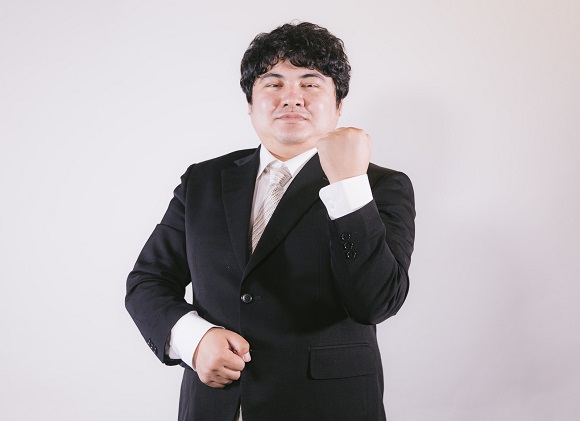
The shortage of capable volunteers is causing the government to turn to universities for resources. But does it really help?
Preparations for the upcoming Tokyo 2020 Olympics seem to be progressing at a steady pace, with the official anime ambassadors having been chosen and routes for the Olympic torch relay all planned out. There’s just one glaring problem that needs addressing: a shortage of volunteers.
To rectify that, the Japan Sports Agency and the Ministry of Education, Culture, Sports, Science and Technology sent out urgent notices on 26 July to various Japanese universities and colleges.
The notices sought student volunteers to help during the Games, which will span from 24 July to 9 August. Unfortunately, the Olympic Games also coincide with crucial examination periods for many university students, the results of which will drastically affect their career options.
▼ We’re not sure if that’s the right way to do things.
Also included in the notification was the call for universities to be flexible in their curriculum, such as starting lectures earlier or having lessons during holidays. These special measures are up to the discretion of individual education institutions, encouraging students to volunteer for the Games, then make up for lost time one way or another.
In light of the need for capable volunteers during the Tokyo Olympic Games, the Tokyo Metropolitan University already decided last summer not to conduct classes or examinations during the tournament period. Kokushikan University has also since followed suit.
▼ Yahoo! Japan’s Twitter account also mentioned that
80,000 volunteers were required. That’s quite the quota to fill!
Japanese netizens were stunned by the way things were being handled:
“Shouldn’t they pay people for the work instead? I love sports, but to rely on our volunteering spirit is a little low.”
“It’s so strange they’re making it ‘easier’ for students to volunteer. There are students who have to study. Money would be great, but they’re just thinking of free help.”
“I’m definitely not participating. I have to study as a student, doing part-time jobs to support myself. If it’s this kind ‘forced volunteering’, please stop it. I know we’re really short-handed and I’m willing to help out as a disaster relief volunteer, but not for this kind.”
The Organising Committee might have shot themselves in the foot with their stringent requirements for Olympic volunteers, one of them being proficient in a language other than Japanese. Perhaps if they weren’t so picky with people who are eager to help, things would have turned out better.
Source: The Mainichi Newspapers via Twitter/@YahooNewsTopics, Hachima Kiko
Top image: Pakutaso
Insert image: Pakutaso